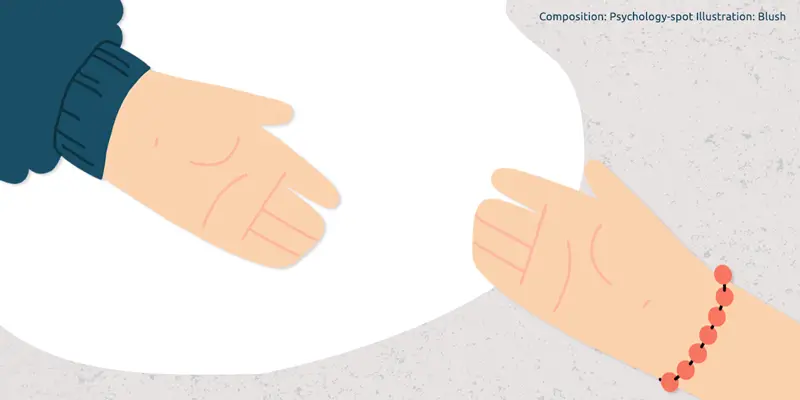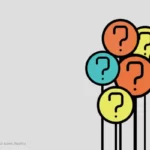
Almost everyone has been educated to do all that is possible, and the impossible, to help the others. It is a concept that we have ingrained deeply and that, without a doubt, is very commendable. However, sometimes helping the others we can suffer an emotional bleeding that ends up draining our energy and destroying our psychological balance.
All psychologists know that you cannot help someone who doesn’t care. That is why, in some cases, the first objective of the psychological therapy is to make the person understand that he has a problem and that needs help. That is the starting point for being able to work, because without a personal commitment, the internal change is practically impossible. The same happens in everyday life. We can only help when the other person accepts our help.
Giving glasses to someone who doesn’t want to see
Helping those who don’t want to be helped is like giving away glasses to those who don’t want to see. Simply, they will not use them. It is probable that they do not even value our help and the effort or time that we have invested and may even get bothered considering our gestures as an intrusion in their privacy.
Does it mean that we should throw in the towel when we realize that a person is harming himself? Not at all!
However, we must be aware that our help has limits, limits that often set the other person. We must learn that not by much advice learn the other earlier and that the help we can provide is limited to the help that the other is willing to accept.
It is important to understand that when someone is going through a difficult situation it can be frightening for him to recognize it, so he may need a little time to process emotionally and rationally what is happening. Only later can he decide to ask for help. Therefore, sometimes you have to give him time to look inside himself, understand what is happening and ask for help.
Although the problem and its solution are obvious to us, it may not be so clear to the other person. That is why, on occasion, offering help means violating the rhythm of the emotional healing and, while we are doing it, we sink into a debilitating process for ourselves that does not make much sense.
The right attitude to really “help”
When a person who is in trouble rejects your help, you may feel angry, frustrated or helpless. However, you must understand that those feelings will not help that person and neither will you. It is about facing the situation with a different attitude, and for this you will have to:
– Assume that everyone should learn from their mistakes and overcome their obstacles. We must stop acting as overprotective parents. We must understand that everyone must learn their own lessons from their mistakes. As much as we love some people, we cannot always carry their “burden” or solve the problems in their place, because growth occurs precisely when the obstacles that life puts before us are overcome.
– Stop thinking that things should be done in a precise way. On many occasions, this tendency to help is born of the belief that the other person is doing the things “badly”, which is because we believe we know how to do them “good”. However, everyone must find their way to solve problems and develop their coping style. There is no a single way for doing things, so before giving your help, you should make sure that you have detached yourself from that belief, otherwise you are likely to want to impose your opinion or point of view, something that is not usually well received and makes the other put himself on defensive.
What can you do?
– Do not press. When a person is not psychologically prepared to seek or accept help, the fact of pressing can have the opposite effect respect the desired, making him to enclose itself and move away from you. Therefore, the first step is not to press.
– Stay available. The best way to support a person who doesn’t care is to stay by his side until when he need to speak or decide to seek help. We must bear in mind that everyone must go through a series of stages when they suffer emotional wounds and there are stages in which they only need a friendly shoulder to lean on.
– Get informed. What has been best for you may not be a good solution for that person you want to help. Therefore, it is important to get deeply informed about the problem. It is also convenient to encourage that person to talk about the matter so that you understand his perspective. The best advice comes from empathy, if your advices come from your place and point of view, your solutions could be perfectly useless.
– Set limits. In some cases, a person in trouble can fall into a spiral of self-destruction and, if you’re not careful, he can drag you with him. Therefore, it is important that you set some limits since you must protect your emotional balance if you really want to help the other. The Buddhist Pema Chodron said that “we work on ourselves to help the others, but we also help the others to work on ourselves”, which means that the act of helping to solve a problem also involves us emotionally, so we will have to decide how to face it in the best possible way.



